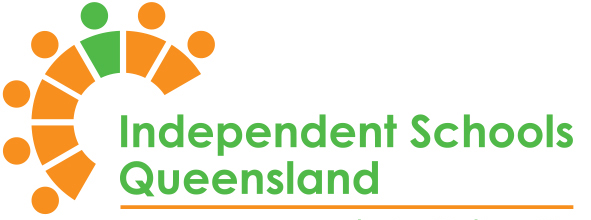Can students listen to music while they study? Are hard-copy or digital books better for learning? Can wellbeing be inherited?
These questions and more will be answered by leading neuroscience education experts at a thought-provoking four-day online conference starting today (Monday, 9 August 2021).
Accelerating breakthroughs in brain science and how these advances can be applied to teaching and learning have captured the attention of the education community keen to understand how to develop better learners who achieve better outcomes.
More than 550 independent school leaders and teachers have registered for the week-long Neuroscience in Education online conference hosted by Independent Schools Queensland (ISQ).
Conference presentations include:
The principles of learning by Dr. Jared Cooney Horvath - a neuroscientist, educator, and author of the best-selling book Stop Talking, Start Influencing: 12 Insights from Brain Science to Make Your Message Stick.
Brain function and learning disorders: From assessment to intervention by Professor Jack Naglieri - Research Professor at the University of Virginia and Senior Research Scientist at the Devereux Centre for Resilient Children.
The neuroscience of wellbeing and the impact of social media on adolescent mental health by Dr Justine Gatt – Group Leader and Senior Research Scientist at the Gatt Resilience Group, Neuroscience Research Australia and the University of New South Wales.
Social and emotional well-being of school children by Nathan Wallis – a qualified early childhood teacher, child therapist, social service manager, university lecturer and neuroscience trainer.
ISQ Chief Executive Officer Chris Mountford said neuroscience and cognitive science were helping answer the fundamental questions about how people think and learn.
“Experts presenting at ISQ’s online conference will sort fact from fiction and discuss some of the evidence-based applications of this new science to student learning and wellbeing,” Mr Mountford said.
Australian conference presenter Dr Justine Gatt leads a research program that focuses on understanding the neuroscience of wellbeing and resilience and ways it can be promoted using various interventions.
Dr Gatt’s extensive research has shown the “heritability of wellbeing to be 48%” which shows that it is a combination of both inherited and environmental factors.
Her research has also identified multiple markers for wellbeing including genetics, child and adult life events, physical health factors (e.g., sleep, diet, exercise), cognition (e.g., sustained attention) and emotional processing (e.g., faster processing of happy emotions).
Dr Gatt’s work has also resulted in the development of the COMPAS-W Wellbeing Scale which measures subjective and psychological wellbeing.
“There are six guiding principles that can be targeted to build wellbeing and resilience in children or adults alike. These six dimensions of the COMPAS-W Scale include Composure, Own-Worth, Mastery, Positivity, Achievement, and Satisfaction,” Dr Gatt said.
“At the conference, I’ll share tips and strategies for each dimension including, for example, adaptive coping strategies for stress regulation, self-compassion activities to promote own-worth, and using acts of kindness to promote positivity,” she said.
Media Contact
Justine Nolan
0428 612 315 | jnolan@isq.qld.edu.au
Recent

